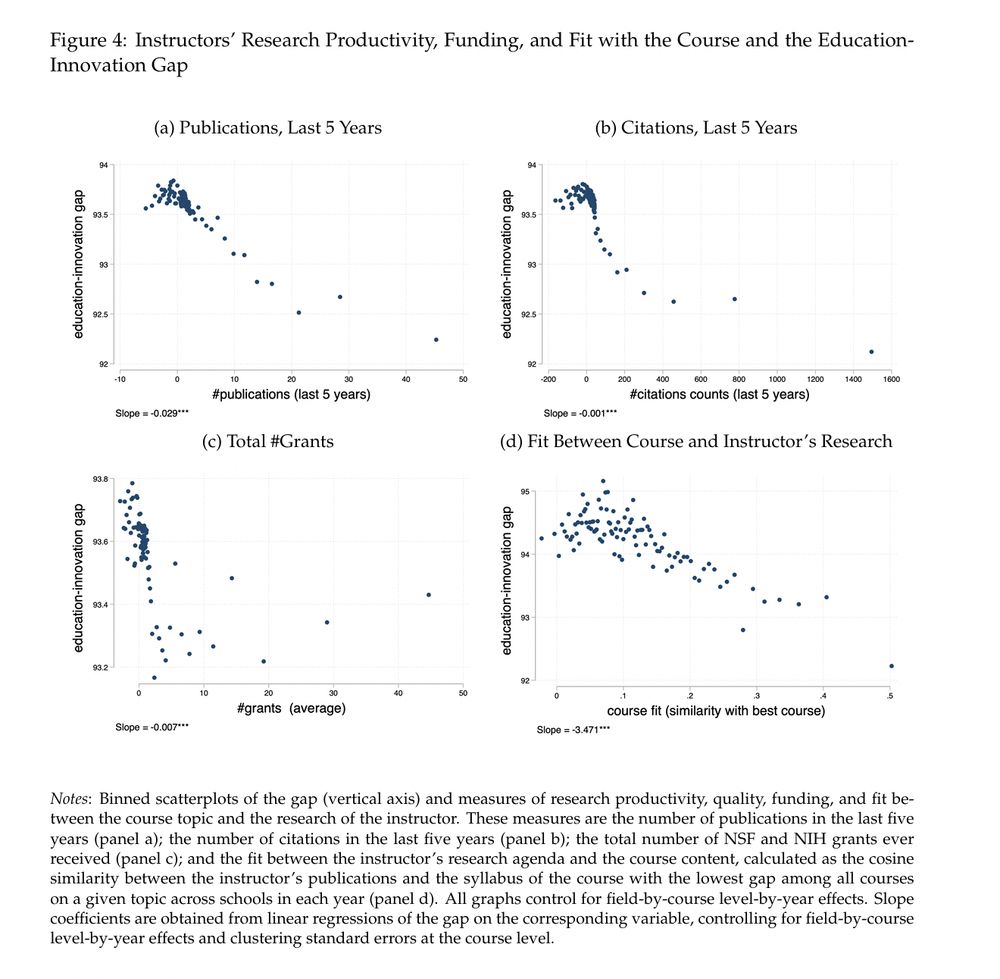Nathaniel Hendrix
@nhendrix.bsky.social
580 followers
1.2K following
320 posts
Healthcare data scientist and researcher in Washington, DC
🌱🐈⬛🐈⬛🐈🏳️🌈
nathanielhendrix.substack.com
nathanielhendrix.com
Posts
Media
Videos
Starter Packs
🗓️ DEX25 is less than a month away!
We're excited to share that the detailed meeting agenda is now live! View and download the full schedule to explore session titles, presenter information, and more details about each session.
We hope to see you there!
👉 codex.ucsf.edu/events/dex25...
We're excited to share that the detailed meeting agenda is now live! View and download the full schedule to explore session titles, presenter information, and more details about each session.
We hope to see you there!
👉 codex.ucsf.edu/events/dex25...
🚨 Registration is open for #DEX25!
📅 Oct 27–29, 2025
📍 Ann Arbor, MI
Join experts, early career professionals, educators, researchers, and patients to advance diagnostic excellence through presentations, workshops, and community building.
🔗 umich.cloud-cme.com/course/cours...
📅 Oct 27–29, 2025
📍 Ann Arbor, MI
Join experts, early career professionals, educators, researchers, and patients to advance diagnostic excellence through presentations, workshops, and community building.
🔗 umich.cloud-cme.com/course/cours...
Reposted by Nathaniel Hendrix
Reposted by Nathaniel Hendrix
Nathaniel Hendrix
@nhendrix.bsky.social
· Sep 17
Nathaniel Hendrix
@nhendrix.bsky.social
· Sep 17
Nathaniel Hendrix
@nhendrix.bsky.social
· Sep 17
Nathaniel Hendrix
@nhendrix.bsky.social
· Sep 17
Nathaniel Hendrix
@nhendrix.bsky.social
· Sep 14











